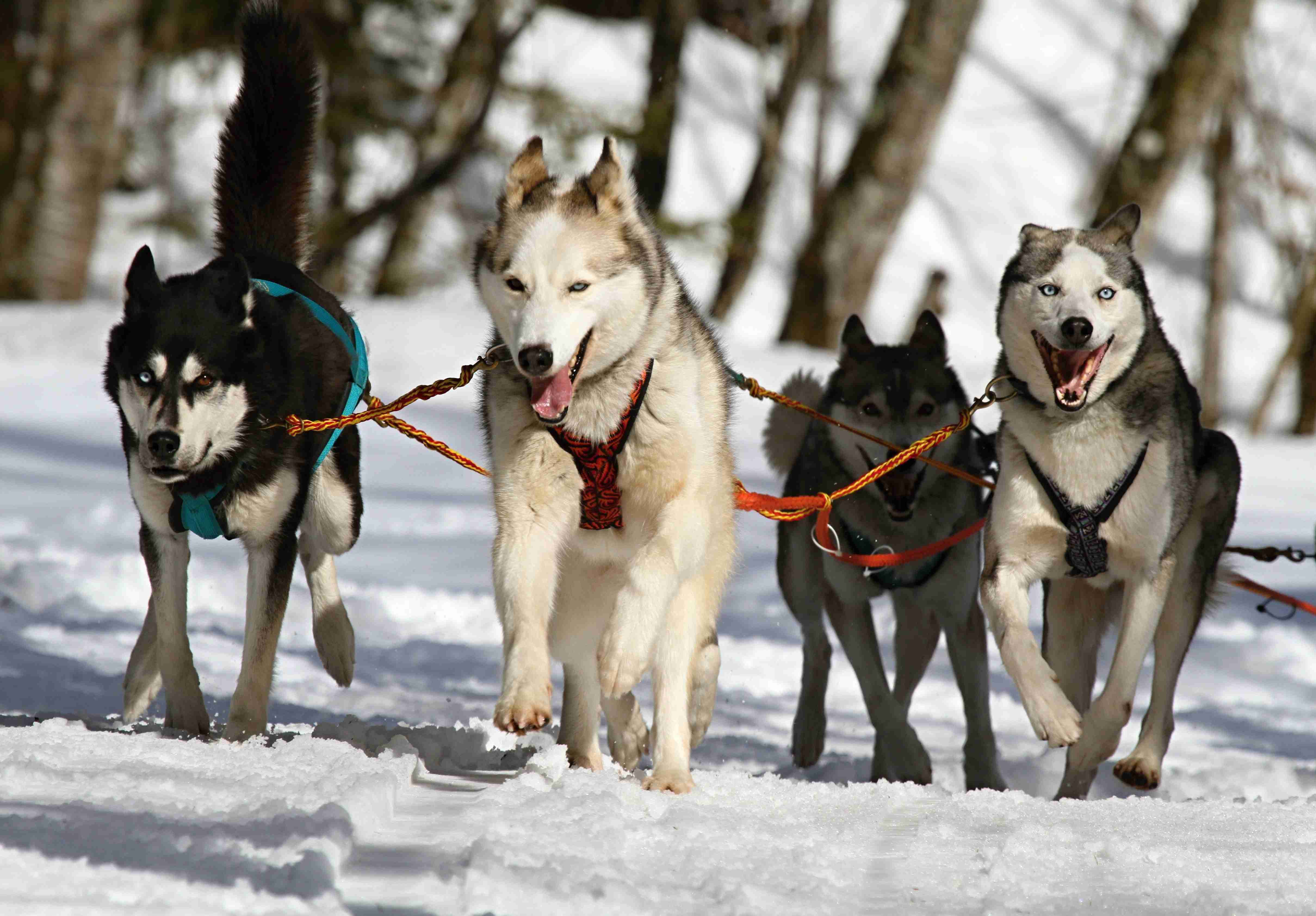As a loving pet owner, you want nothing but the best for your furry friend. However, despite our best efforts, sometimes our pets can fall ill. One such condition that can affect dogs is pancreatitis. This is a serious condition that can cause discomfort and pain for your dog. Therefore, it is essential to be able to recognize the signs of canine pancreatitis. In this comprehensive guide, we will go over all the symptoms you need to look out for to ensure your dog receives timely and effective treatment.
As a dog owner, it’s essential to know the signs and symptoms of canine pancreatitis. This is a serious condition that affects a dog’s pancreas, causing inflammation and damage to the organ. If left untreated, pancreatitis can lead to severe complications and even death.
In this comprehensive guide, we’ll discuss the symptoms of canine pancreatitis, how to spot them, and what you can do to help your furry friend if they are suffering from this condition.
Symptoms of Canine Pancreatitis:
The symptoms of canine pancreatitis can vary depending on the severity of the condition. Some dogs may only experience mild symptoms, while others may exhibit more severe signs. Here are some of the most common symptoms of canine pancreatitis to look out for:
1. Loss of Appetite: One of the earliest signs of pancreatitis is a loss of appetite. Dogs with this condition may refuse to eat or drink anything, even their favorite treats.
2. Vomiting: Dogs with pancreatitis often experience vomiting, which may be accompanied by diarrhea.
3. Abdominal Pain: Pancreatitis can cause severe abdominal pain, which may cause your dog to hunch over or avoid being touched.
4. Dehydration: Dogs with pancreatitis may become dehydrated due to their unwillingness to drink water or because of vomiting and diarrhea.
5. Lethargy: Dogs with pancreatitis may seem lethargic or weak, and they may not want to engage in their usual activities.
6. Fever: In some cases, dogs with pancreatitis may develop a fever, indicating that their body is fighting an infection.
7. Rapid Heart Rate: Dogs with pancreatitis may have a rapid heart rate due to the inflammation in their pancreas.
8. Difficulty Breathing: Severe cases of pancreatitis can cause difficulty breathing, and your dog may pant heavily or struggle to catch their breath.
If you notice any of the above symptoms in your dog, it’s essential to seek veterinary care right away. Pancreatitis is a serious condition that requires prompt treatment.
Causes of Canine Pancreatitis:
There are many different causes of canine pancreatitis. Some of the most common include:
.jpg)
1. Diet: Feeding your dog a high-fat diet can increase their risk of developing pancreatitis.
2. Medications: Certain medications, such as corticosteroids, can increase a dog’s risk of pancreatitis.
3. Infections: Infections in the pancreas or other organs can cause pancreatitis.
4. Trauma: Trauma to the abdomen can cause pancreatitis, such as being hit by a car or falling from a height.
5. Genetics: Some breeds, such as miniature schnauzers, are more prone to pancreatitis than others.
Treatment for Canine Pancreatitis:
The treatment for canine pancreatitis will depend on the severity of the condition. In mild cases, your vet may recommend a low-fat diet and medication to help manage the symptoms. In more severe cases, your dog may need to be hospitalized for IV fluids and supportive care.
Preventing Canine Pancreatitis:
Preventing canine pancreatitis is essential to ensure your dog stays healthy. Here are some tips to help prevent this condition:
1. Feed your dog a low-fat diet.
2. Avoid giving your dog table scraps or high-fat treats.
3. Keep your dog at a healthy weight.
4. Talk to your vet about any medications your dog is taking that may increase their risk of pancreatitis.
5. Schedule regular check-ups with your vet to catch any signs of pancreatitis early.
Canine pancreatitis is a serious condition that requires prompt treatment. By knowing the signs and symptoms of this condition, you can get your dog the help they need if they are suffering from pancreatitis. If you suspect your dog has pancreatitis, don’t hesitate to contact your vet. With the right treatment and preventative measures, you can help keep your furry friend healthy and happy.
In conclusion, being aware of the symptoms of canine pancreatitis is crucial for pet owners to help their furry friends lead healthy and happy lives. If you notice any of the symptoms mentioned in this guide, it’s best to take your dog to the vet as soon as possible. Remember, early detection and treatment can make all the difference in preventing complications and ensuring a speedy recovery. By staying informed and vigilant, you can help your dog stay healthy and happy for years to come.


.jpg)

.jpg)



.jpg)